The Knight Fellows got a glimpse behind the glass with a tour of the conservation labs at the Boston Museum of Fine Arts.
KSJ Alum Bethany Brookshire Shares the Backstory Behind ‘Pests’
Brookshire’s debut book takes readers from the worshipped rats of the Karni Mata Temple to the hunted pythons of the Everglades, and asks: What can our pests tell us about ourselves?
Look Out Below: KSJ Dives Into New England’s Marine Scene With Photographer Keith Ellenbogen
Ellenbogen’s underwater photography exhibit at the New England Aquarium gives visitors an intimate look at a vibrant ecosystem just off shore.
The Chirp Heard ‘Round the World: LIGO’s Lisa Barsotti Reflects on a Landmark Discovery
The observation of gravitational waves earned the 2017 Nobel Prize in Physics, and it marked a triumph for scientists at the Laser Interferometer Gravitational-Wave Observatory, or LIGO. Among them was Lisa Barsotti, a physicist who has dedicated her career to the search for and study of gravitational waves.
Author Lydia Denworth Makes a Scientific Case for Friendship
Denworth’s hour-long talk took the audience on a journey through the history of the scientific study of friendship, how we’ve come to appreciate its evolutionary and biological importance over time, and how to nurture these valuable relationships in our own lives.
John Jarcho, on What It Takes to Make It Into the World’s Oldest Medical Journal
“Most medical journals don’t have the resources or the luxury of having full-time editorial staff,” said John Jarcho, deputy editor of the New England Journal of Medicine (NEJM), during an event hosted by the Knight Science Journalism program in November. But NEJM is not most medical journals.


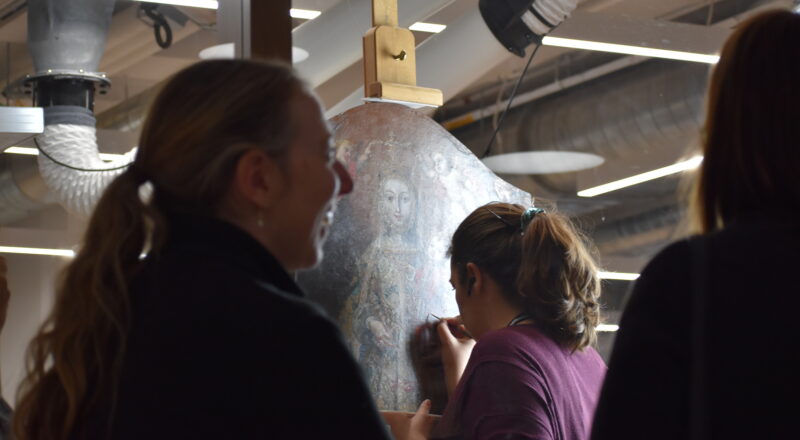
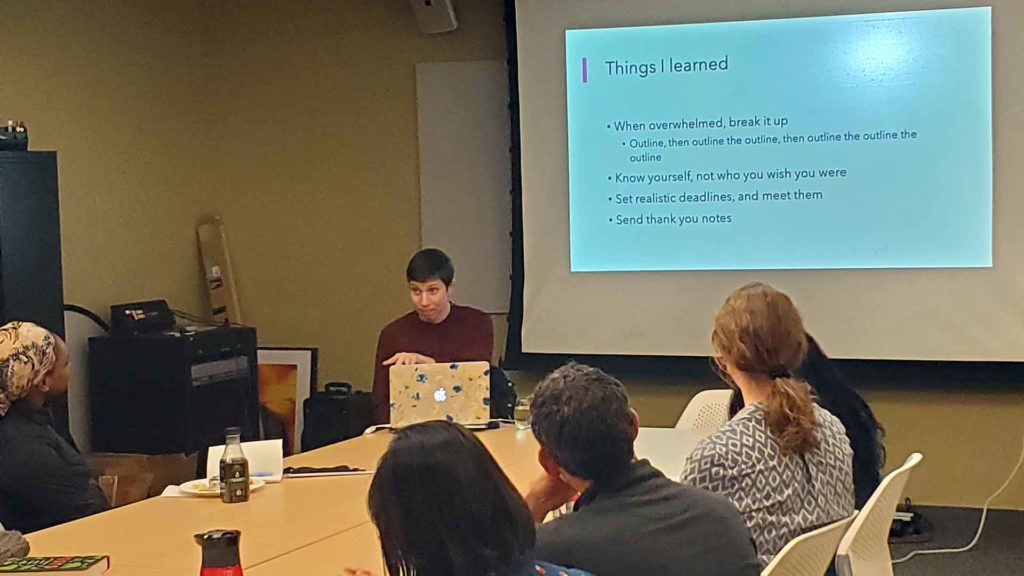 "
"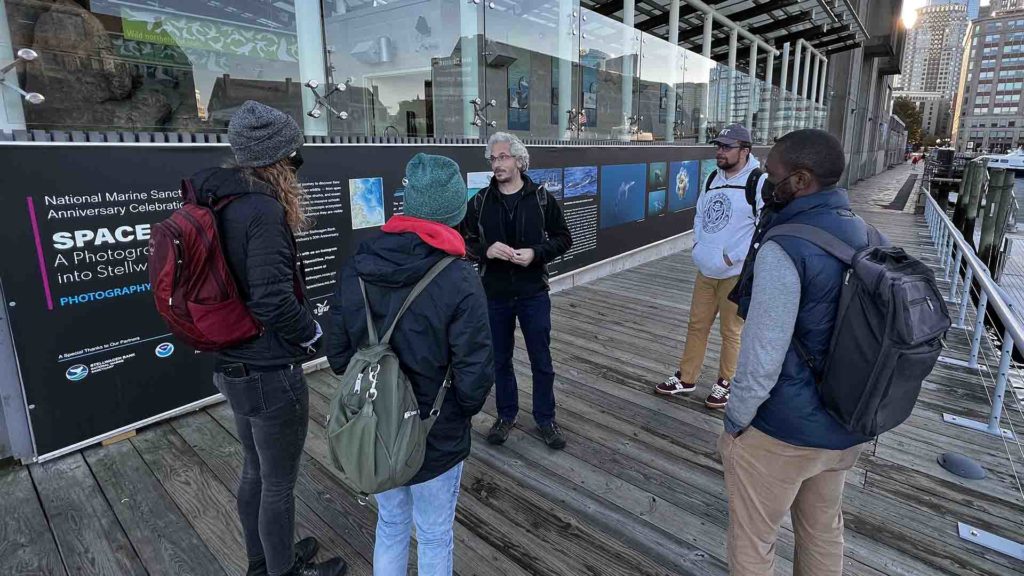 "
"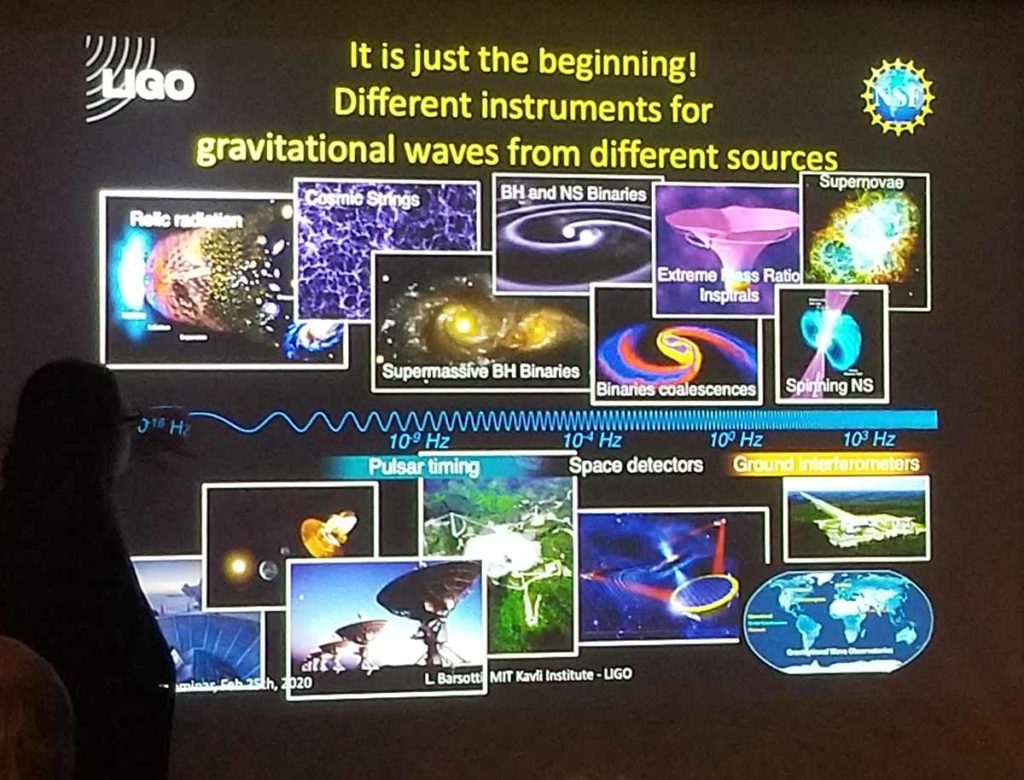 "
"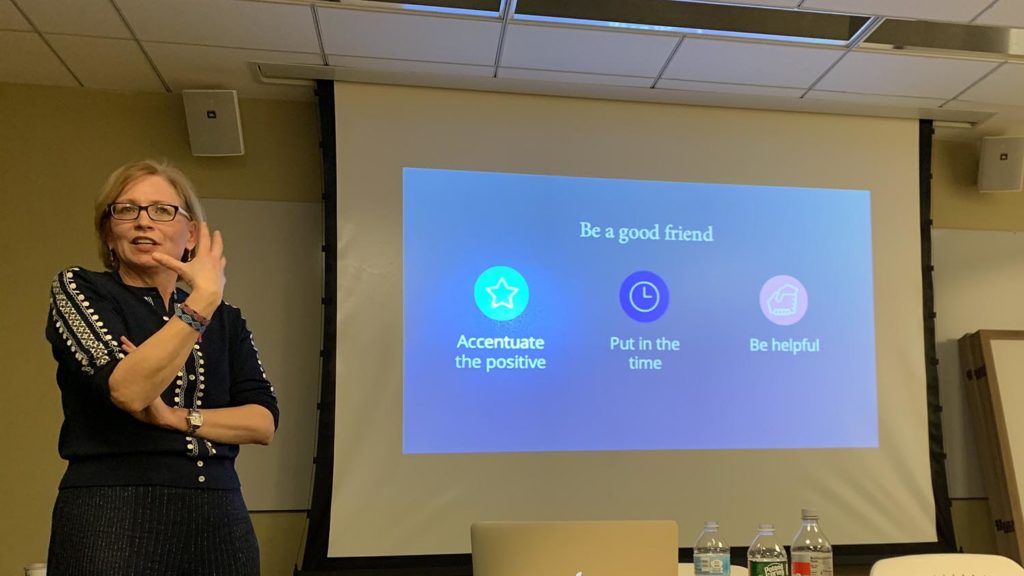 "
"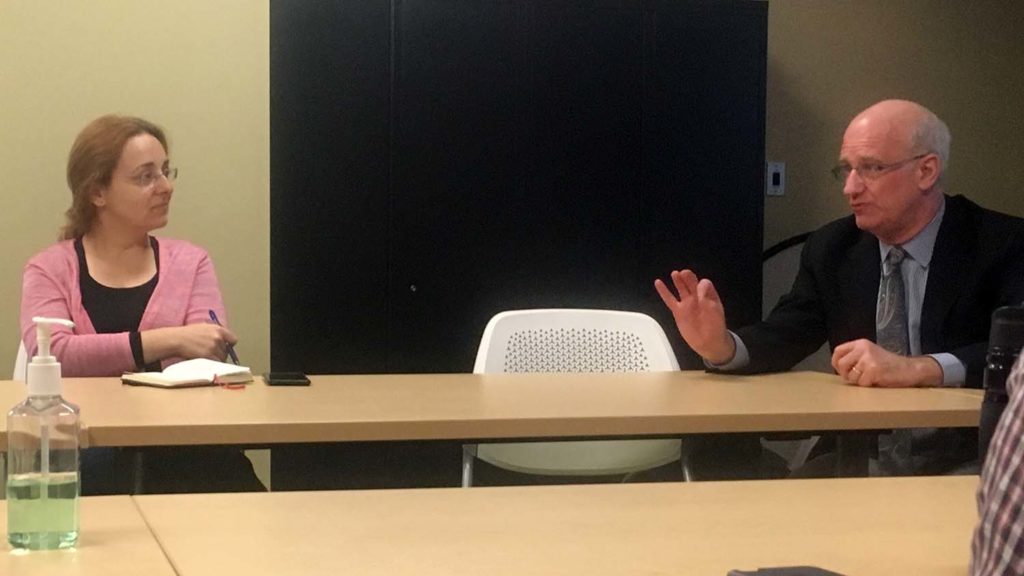 "
"